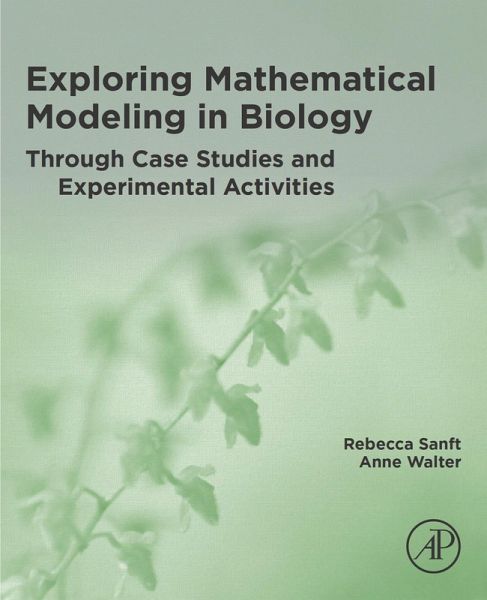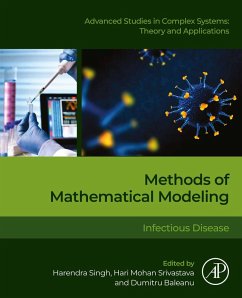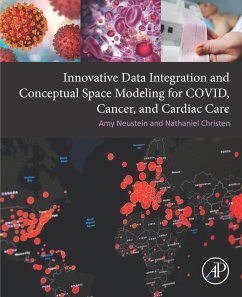
Exploring Mathematical Modeling in Biology Through Case Studies and Experimental Activities (eBook, ePUB)

PAYBACK Punkte
38 °P sammeln!
Exploring Mathematical Modeling in Biology through Case Studies and Experimental Activities provides supporting materials for courses taken by students majoring in mathematics, computer science or in the life sciences. The book's cases and lab exercises focus on hypothesis testing and model development in the context of real data. The supporting mathematical, coding and biological background permit readers to explore a problem, understand assumptions, and the meaning of their results. The experiential components provide hands-on learning both in the lab and on the computer. As a beginning text...
Exploring Mathematical Modeling in Biology through Case Studies and Experimental Activities provides supporting materials for courses taken by students majoring in mathematics, computer science or in the life sciences. The book's cases and lab exercises focus on hypothesis testing and model development in the context of real data. The supporting mathematical, coding and biological background permit readers to explore a problem, understand assumptions, and the meaning of their results. The experiential components provide hands-on learning both in the lab and on the computer. As a beginning text in modeling, readers will learn to value the approach and apply competencies in other settings. Included case studies focus on building a model to solve a particular biological problem from concept and translation into a mathematical form, to validating the parameters, testing the quality of the model and finally interpreting the outcome in biological terms. The book also shows how particular mathematical approaches are adapted to a variety of problems at multiple biological scales. Finally, the labs bring the biological problems and the practical issues of collecting data to actually test the model and/or adapting the mathematics to the data that can be collected. - Presents a single volume on mathematics and biological examples, with data and wet lab experiences suitable for non-experts - Contains three real-world biological case studies and one wet lab for application of the mathematical models - Includes R code templates throughout the text, which are also available through an online repository, along with the necessary data files to complete all projects and labs
Dieser Download kann aus rechtlichen Gründen nur mit Rechnungsadresse in A, B, BG, CY, CZ, D, DK, EW, E, FIN, F, GR, HR, H, IRL, I, LT, L, LR, M, NL, PL, P, R, S, SLO, SK ausgeliefert werden.













